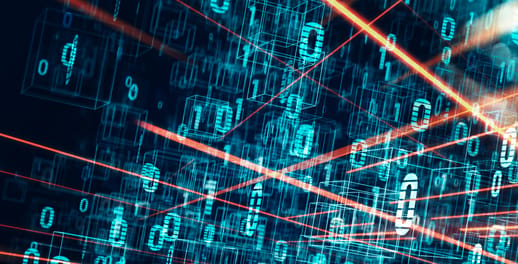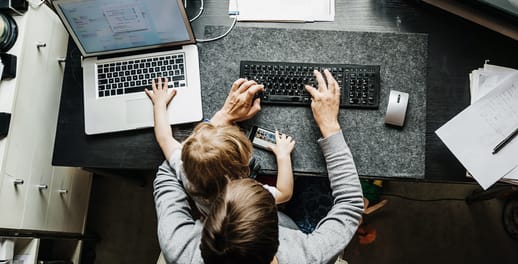The SDGs are 17 interlinked goals designed as a "blueprint to achieve a better and more sustainable future for all". Agreed upon in September 2015 by all 193 member states of the United Nations, these 17 goals form the foundation on which to develop our businesses, societies, and personal behaviours. The interconnected nature of the 17 goals creates a web of impact, whereby focusing on one goal has the benefit of likely achieving progress towards other goals.
The SDGs are an evolution of the Millennium Development Goals, which were initially developed in 2000 and over a period of 15 years have established measurable objectives for tackling extreme poverty and hunger, preventing deadly diseases, and expanding primary education to all children, among other development priorities.
The world has been on a path of disarray for some time, heading into a trajectory which not only enables inequality to worsen but drives us further off course from building a future that is prosperous for all future generations.
The SDGs can be described as the navigation required to stay on course by travelling in the direction of our ‘North Star’. They are expansive and tackle core societal issues including: no poverty (1), reduced inequalities (10), gender equality (5) and basic human rights, including zero hunger (2), good health and well-being (3), quality education (4) and access to clean water and sanitation (6). They extend further into environmental factors such as climate change (13), life below water (14) and life on land (15).

Research shows that companies that incorporate sustainability – including societal and environmental factors – into their overall strategy tend to maximise value for shareholders by having long-term sustainable profitability.
Mindset shifts
What’s perhaps most interesting are the mindset and behavioural shifts which are required as a prerequisite to achieving these goals for sustainable development. It is imperative to embrace a global interconnected world and build, based on the generosity of shared knowledge, to enhance growth.
Goal 17 is “Partnerships for the Goals” which, in our view, is the starting point to achieving any and all 17 goals. Investment managers are developing an acute awareness of the importance of assessing sustainability as part of the broader profit equation.
Further research shows that companies that incorporate sustainability – including societal and environmental factors – into their overall strategy tend to maximise value for shareholders by having long term sustainable profitability. This in itself shows the interconnected nature of business, society and the environment.
The Covid-19 pandemic has aided in furthering the support and commitment to the agenda for sustainable development as governments, businesses and civil society have had to consider both social and governance considerations in their responses to the pandemic.
It’s been said that for the first time in history, everywhere in the world has been affected by the same challenge, but we would argue that it has been the first time we have responded to a shared challenge collectively.
Climate change, as one example, is not specific to any one country or continent and therefore is a shared challenge with its over-arching consequences impacting us all, albeit differently, and yet to date has mostly had a fragmented response.
READ MORE: United Nations Development Programme’s SDG Investor Map for South Africa
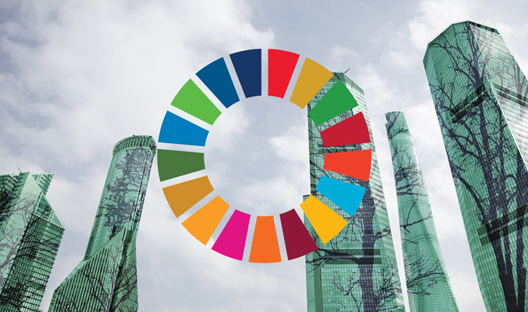
Sustainability: Fad or here to stay?
Sustainability is not a passing fad, it is here to stay and where a corporate’s strategy is not aligned, there is increased risk that it may not see out the next decade.
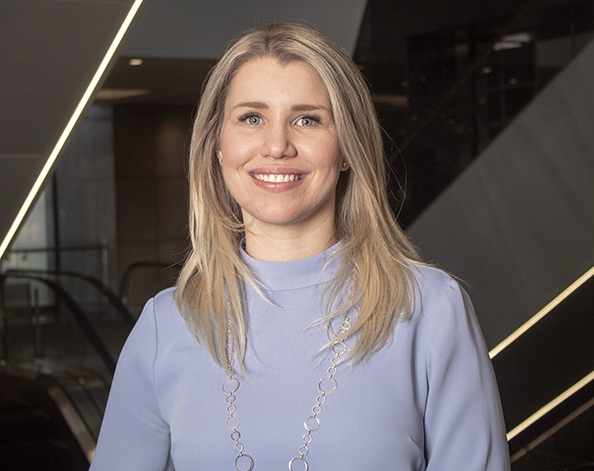
It’s been said that for the first time in history, everywhere in the world has been affected by the same challenge, but we would argue that it has been the first time we have responded to a shared challenge collectively.
We find ourselves in a unique position to rewrite the script of our future. Perhaps Covid-19 has accelerated the future we were creating and exposed the fractures for what they are. We know that we need to build back better and recover stronger, that we need peace, justice and strong institutions (16) to be the cornerstone of our society, to set up our economic systems and policies to enable decent work and economic growth (8), fuelled by affordable and clean energy (7).
We need to ensure we produce and consume responsibly (12) and that we enable industry, innovation and infrastructure (9) to build sustainable cities and communities (11) for all.
We know we need to respond to the crisis with a sense of urgency and cohesion. We know that our North Star is the same, and that the way we get there is together. To ensure the 17 SDG’s do not exist as utopian or blue sky concepts, there are 169 sub-goals which provide tangible metrics to plan and measure progress, which enables the localisation of the global goals and provides a focus on incremental progress within our local contexts.
What the goals aim to achieve is for us all to “fall in love with the problem” (an essential part of the breakthrough mindset) and work together to build the right solutions for all and a future that we can be proud of – together as governments, as business, as individuals and thus as a society.
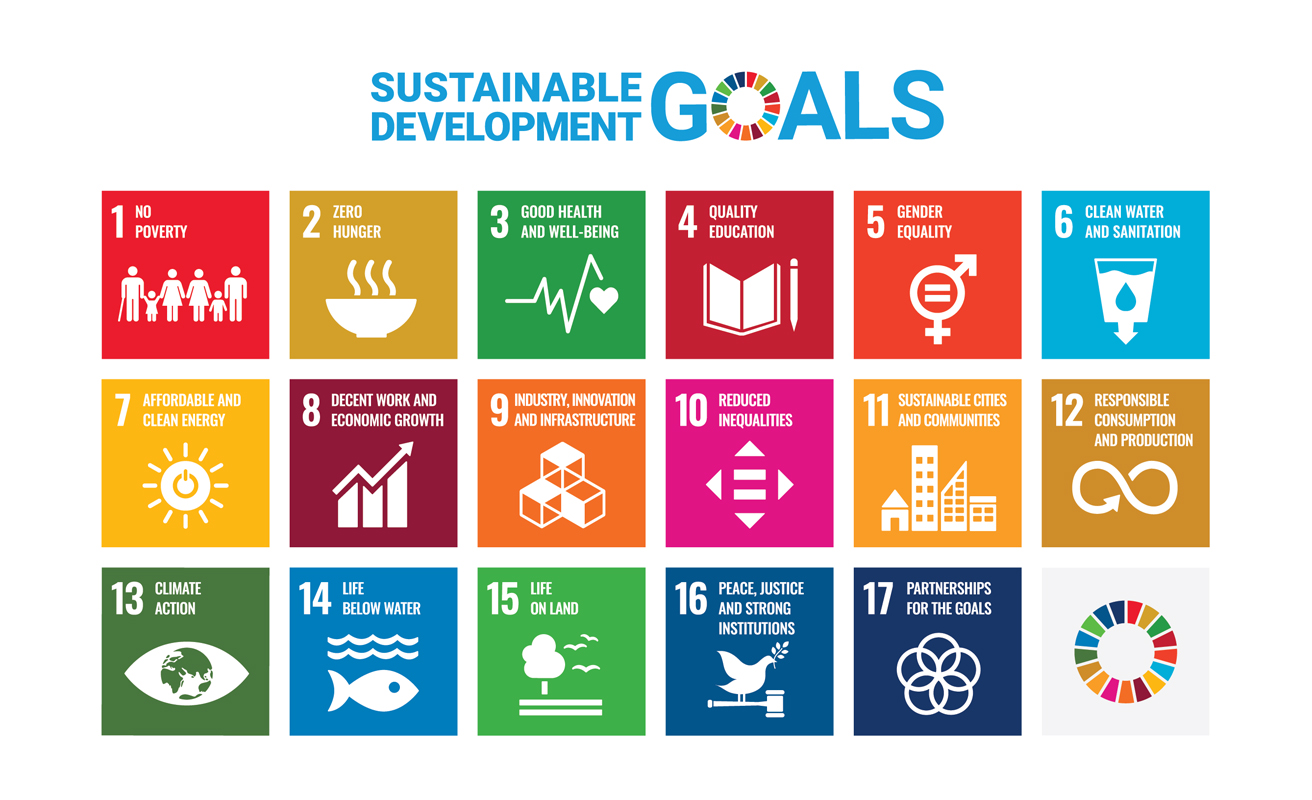
Learn more about the UN's Sustainable Development Goals (SDGs) - the blueprint to achieve a better and more sustainable future for all.
Where can we start?
Often with global challenges, we struggle with where to start, so you may be asking “What can I do to be part of this journey of sustainable development?”. Asking the question is in fact the right place to start, followed by a commitment to broaden your mindset in learning more about the SDGs and how they are relevant to you both in the context in where you live and work.
Equally, acknowledging that some of our systems, ways of living and doing business no longer serve the purpose they once did and therefore we need to unlearn these, making space with open minds to embrace what will replace them. We have the opportunity to write a new script for future generations – what will your story be?
Investec has been on our sustainability journey for a number of years and as part of our commitment to the SDGs, we have prioritised our goals to ensure that they are globally aligned yet locally relevant to our core geographies and reflect our current business model and growth strategy.
Fani Titi, Investec CEO, is one of only two South Africans to join the Global Investors for Sustainable Development Alliance (GISD). The GISD is a group of global leaders tasked with freeing up trillions of dollars from the private sector to finance the SDGs.
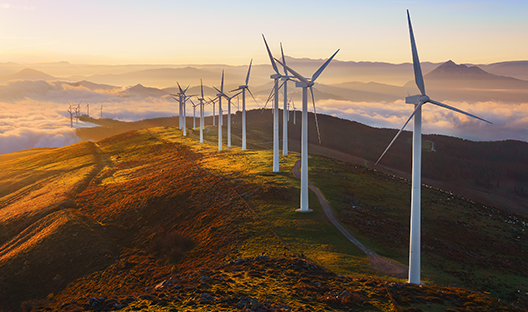
Responsible Investing and Sustainability at Investec Wealth & Investment
As Sustainability is core to our fundamental investment approach, we have integrated ESG considerations into our investment decision making and broader investment process.



